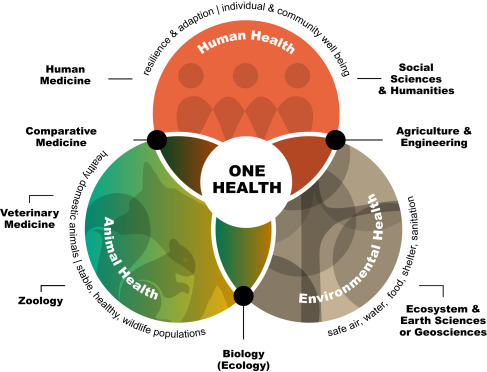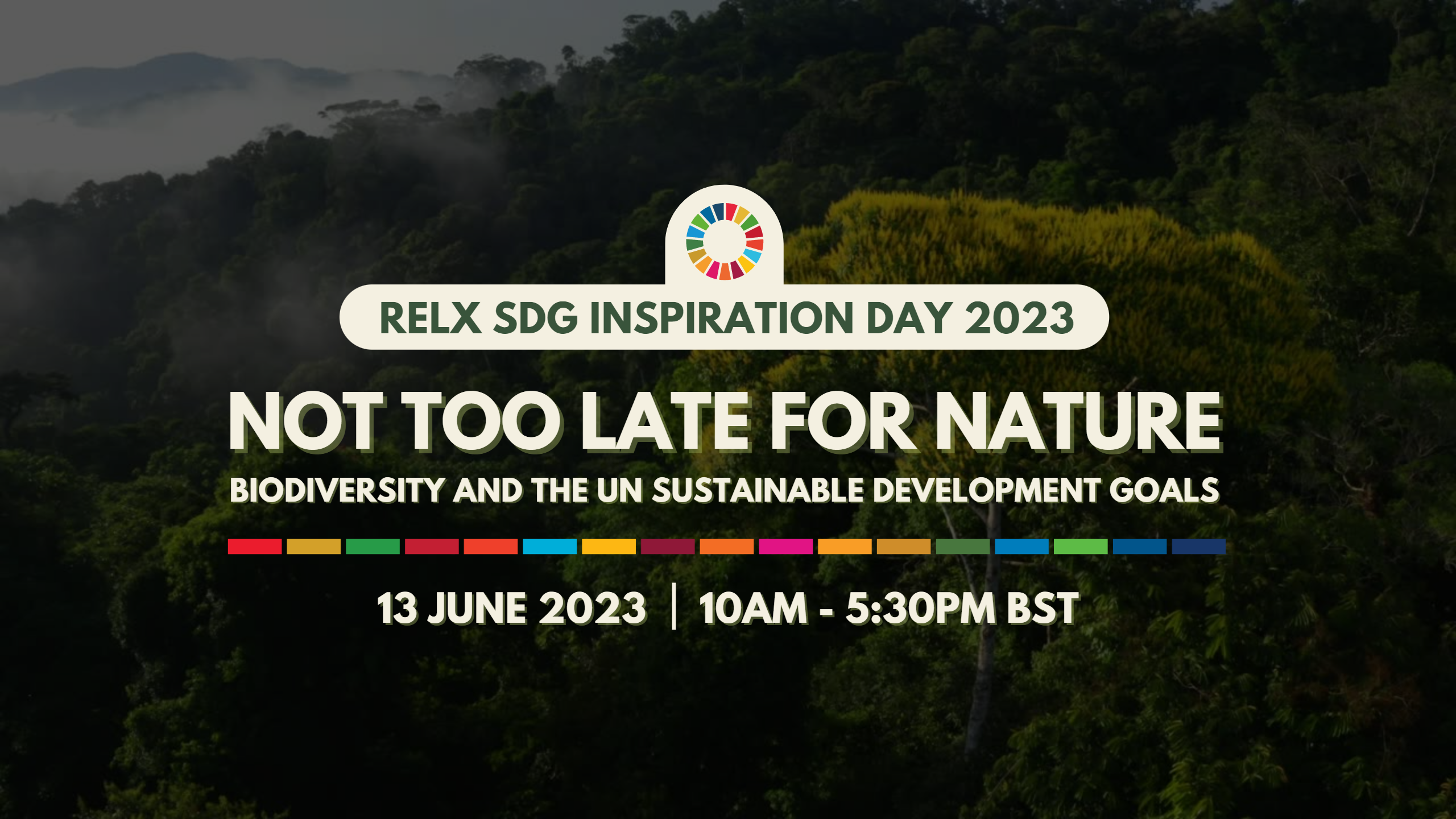One Health and the Exposome embrace a broad view of human health and its environmental drivers as well as provide various tools and modes of operation to systematically uncover pathways linking poor health outcomes with their root causes to inform interventions supporting the WHO SDG3.
Habitat conversion and resource utilization have been identified in the One Health approach as drivers of poor ecosystem health that can lead to disease spillover events supporting SDG3.
Elsevier,
Principles of Gender-Specific Medicine (Fourth Edition)
Sex and Gender-Specific Biology in the Postgenomic Era
2023, Pages 409-429
This content aligns with Goal 3: Good Health and Wellbeing as well as Goal 10: Reduced Inequalities by emphasizing the importance of gender-specific medicine in pharmaceutical development and global healthcare, aiming to improve health outcomes for all genders. By addressing the challenges faced by the pharmaceutical industry in integrating knowledge on sex-specific biological differences into drug development programs, the chapter advocates for strategies to promote equity in healthcare access and outcomes. Additionally, it recognizes the importance of addressing gender disparities in healthcare and advocating for approaches that ensure equal access to gender-specific pharmaceuticals. Through these efforts, the content supports the goal of reducing inequalities in healthcare access and outcomes, ultimately contributing to the promotion of good health and well-being for all individuals, regardless of gender.
This chapter aligns with Goal 14: Life Below Water and Goal 6: Clean Water and Sanitation by describing advancements in the use of melt electrospun nanofibers for use in marine oil spill cleanup.
Register today for the ninth RELX SDG Inspiration Day - a free, online event for thought leaders, corporate representatives, students, investors, government and NGOs to explore issues, gain practical insights and be inspired to take action in support of the UN Sustainable Development Goals.
The New Public Health (Fourth Edition), 2023, Pages 1097-1158
This chapter advances the UN SDG Goal 3: Good Health and Goal 10: Reduced Inequalities. It examines the globalization of health as there is increase focus on the international transfer of diseases and the imperative of cooperating to combat inequity under societal conditions that create the spread of diseases and their effects on individual nations and the global community.
This Article supports SDG 3 by analysing several cohorts of people with HIV/HCV co-infection across 6 high-income countries, and identifying that a substantial proportion had not commenced direct-acting antiviral treatment for HCV infection despite unrestricted access. Factors associated with commencement or lack thereof are explored; for example, people with indicators of low engagement with HIV care (eg, not on antiretroviral therapy) were more likely not to have commenced HCV direct-acting antiviral treatment)
This article, which has international appeal, covers disability justice and health and therefore advances the UN SDG goals 3 (good health and wellbeing), 10 (reduced inequalities).
This review will spur more investigations on microplastic ingestion in historical specimens to establish reference points and determine temporal trends for microplastic pollution of the environment.
This chapter aligns with Goal 14: Life Below Water and Goal 9: Industry, innovation and infrastructure by highlighting the biodiversity of marine biofilms in the context of marine infrastructure.



